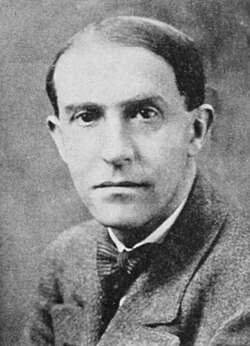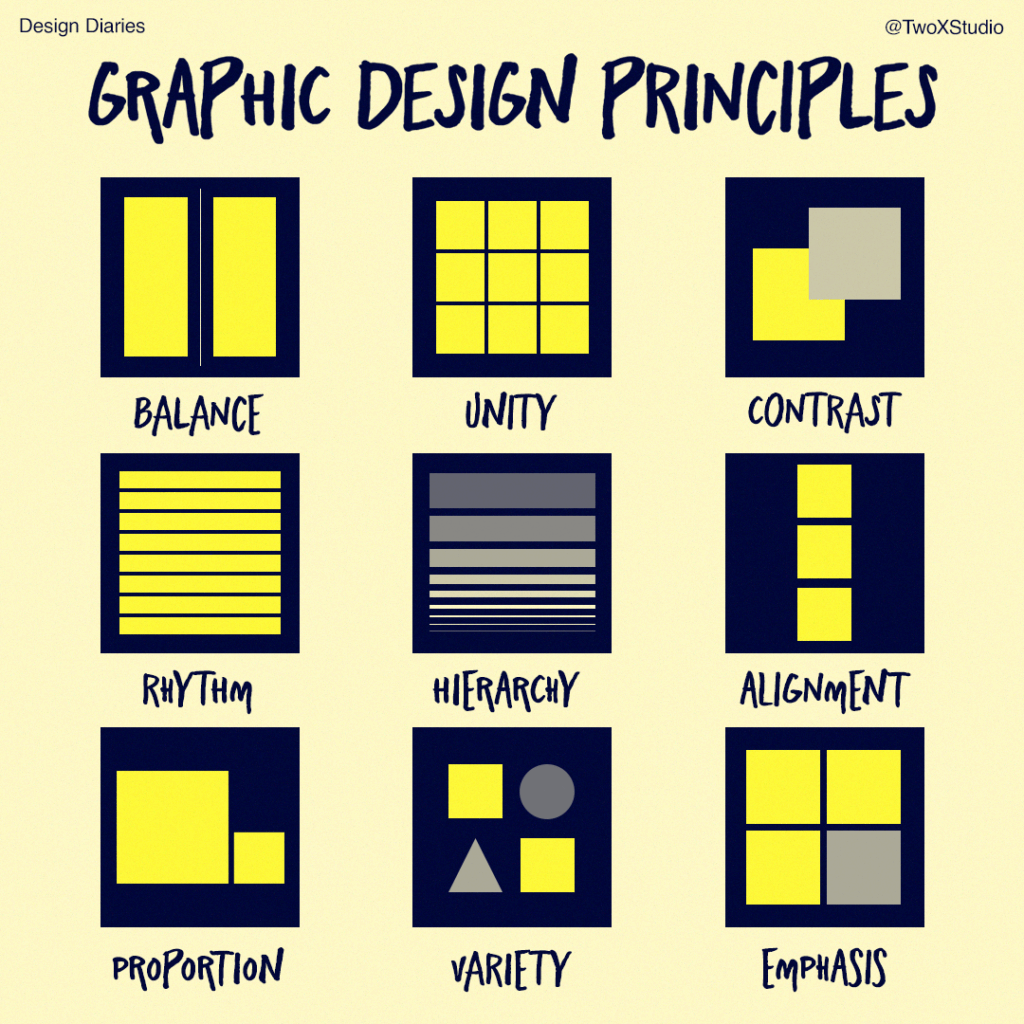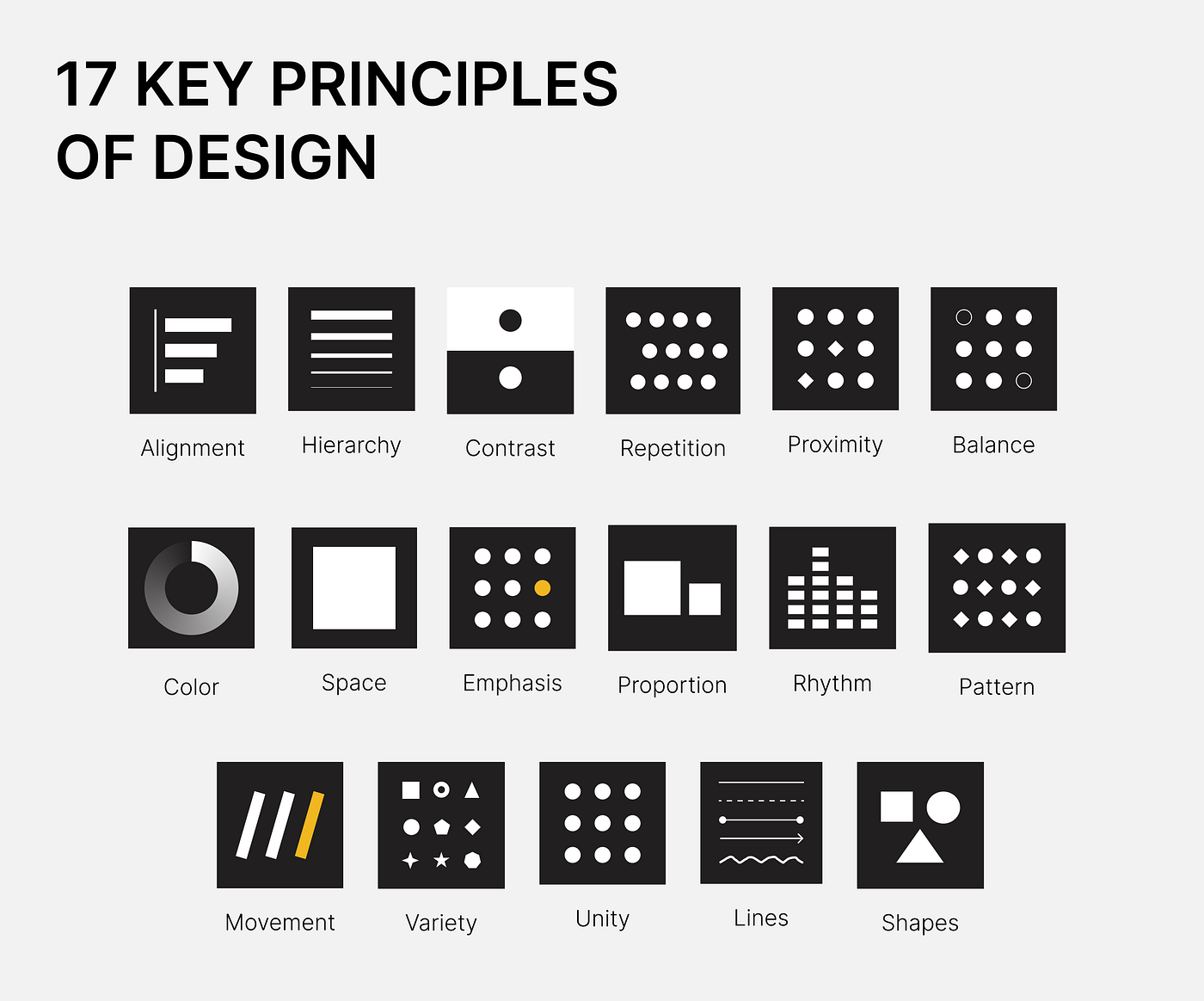The whole is other than the sum of the parts.
—Kurt Koffka

Developed the field of Gestalt Psychology.

The Gestalt Principles are laws of human perception that explain how people organize visual elements into unified wholes. They focus on how the brain simplifies and structures complex images, helping us make sense of patterns and relationships. These principles are widely used in graphic design, animation, UI/UX design, art, and psychology to enhance visual clarity and communication by aligning with how the mind naturally processes visual information.
Gestalt psychology, gestaltism, or configurationism is a school of psychology and a theory of perception that emphasises the processing of entire patterns and configurations, and not merely individual components.
In other words, the cookie is not the recipe.
Explore these links:
Exploring the Priunciples of Gestalt
Guide to Gestalt Principles of Design
Quick and Simple Gestalt
POST
Explore this material and write a post about your poster that describes how it works in three gestalt principles.
- Include an image of your chosen poster
- Choose the top three gestalt principles at work in your poster
- and write a few sentences bout how each principle works.
- Use specific details of the type and layout of your poster when applying the principle to your work.
- What is the hierarchy of information and how does it create meaning?
Category: 01.3 Gestalt Principles
Due Wednesday, September 17
Not Perfect but Useful
What is your Hierarchy?

What do you read first, second and third in your poster. What does your poster mean?


There are a lot of ways to describe the principles of design.
4 principles, 6, 9, 10, 17 principles or more — these systems overlap and all have something to offer…what principles are primary in your poster?

